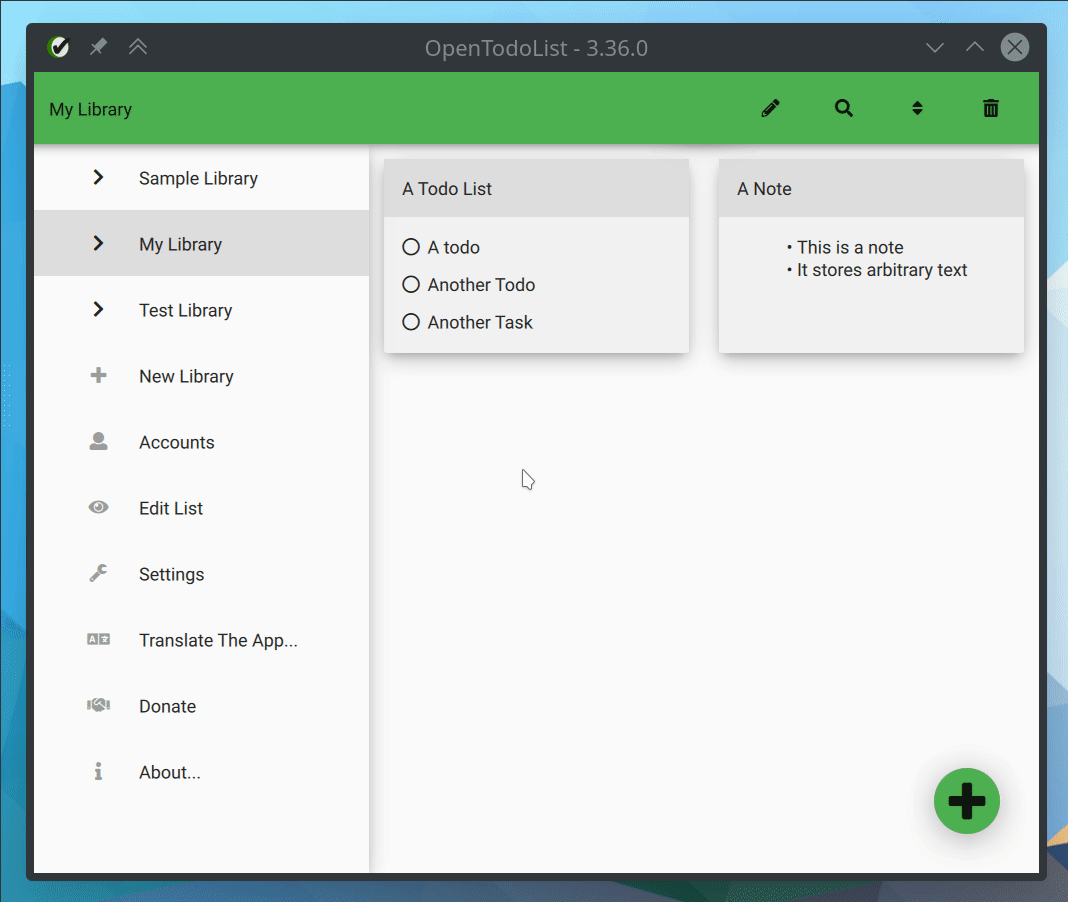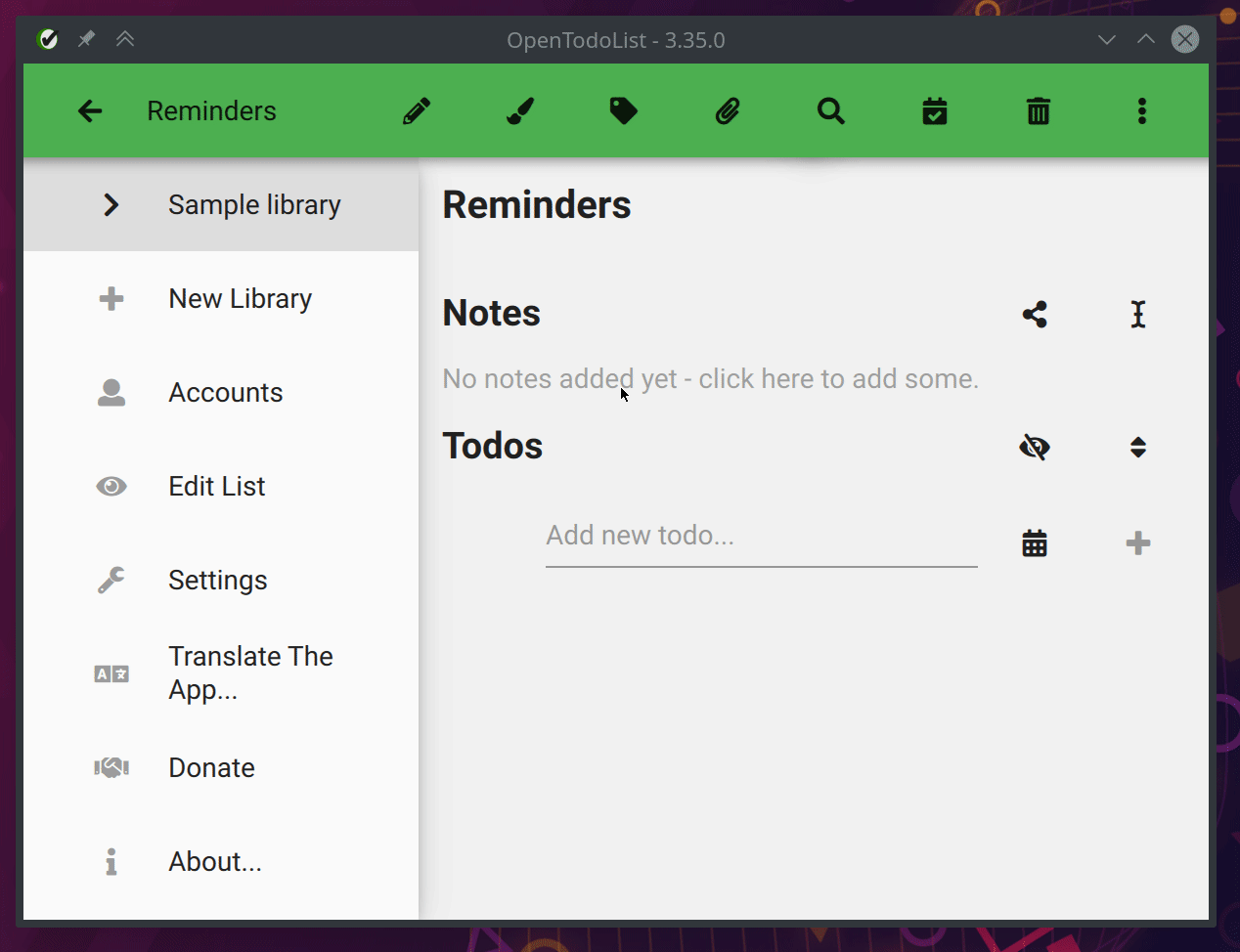Usually, we’re reporting here about new releases of OpenTodoList. However, this time, we have something different to share: We will change the cadence and mode of releases of the app.
Some Background First…
After some rather unsteady development in the first years, OpenTodoList reached a stable state in 2017. And since then, we usually created one release each month.
This is a great way of releasing as it ensures new features get available as early as possible to users. However, there’s not a large development team behind the app. In fact, the main development is done by a single person. These monthly releases hence were a bit troublesome from time to time:
- First of all, creating a “proper” release costs some time. Over the past years, we’ve automated a lot, but still, each minor release we pushed out since OpenTodoList reached version v3.0 also involved quite some manual effort.
- Another thing: Having only a window of approximately a month can be a bit challenging, especially when implementing larger changes. We’ve seen this well recently, when some refactoring was done in the user interface part of the app. Due to the one month window barely leaves time for proper beta testing, quite some issues sneaked in, which is annoying for users.
Switching to Quarterly Releases
To tackle the above mentioned issues, we decided to switch to another release scheme for the app:
There will be a minor release every quarter. The next scheduled release is v3.38, which is scheduled for end of September. The next release v3.39 will then be released end of December, v3.40 end of March 2022, and so on…
With this, we’ll have more time to work on (also larger) features and test them more carefully before pushing out a new version to our users. This also will reduce the overhead for as for creating new releases, as this will happen only every 3 months now.
Open Beta Testing
For those of you wanting the most recent features as soon as possible, we’ll also improve the documentation on how to participate in beta testing. In fact, on a lot of platforms and distributions of the app (including iOS, Android, Flatpak and Snap), you can already today easily test out intermediate builds without waiting for an official release to happen. We’ll gather the required information on how to do so in the next days. And also, we’ll look into how to enable beta testing for other platforms and distribution channels of the app.
Intermediate Bug Fix Releases
In the past, when we got reports of critical issues, we sometimes pushed out a bug fix release. However, most bug fixes were not relevant enough to push them out via a dedicated release. Instead, they were part of the next regular minor release.
Of course, with the new release cadence, this would mean you have to wait for up to three months for a fix to an issue you reported - which is definitely something we don’t want to have, either. So, we’ll also push out bug fix releases on a more regular basis. However, to keep overhead low, these bug fix releases might happen more silently and also - depending on the bug - scoped: For example, if there’s a bug which affects only a specific operating system or a specific distribution channel, we might create a dedicated release for this, not pushing out new builds on all platforms as we did before.
Conclusion
With these changes, we hope to further improve the overall stability of the app, making it more reliable for “business critical” tasks while also enabling a quick way to test new versions of the app without having to wait too long.


